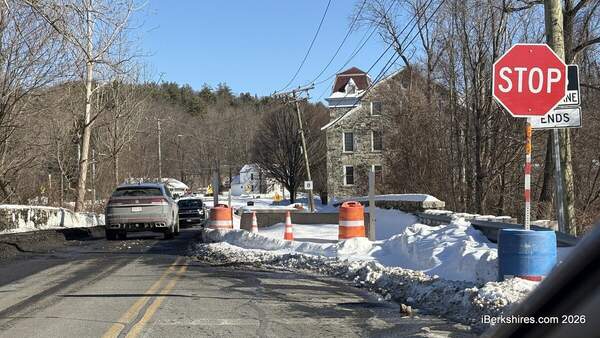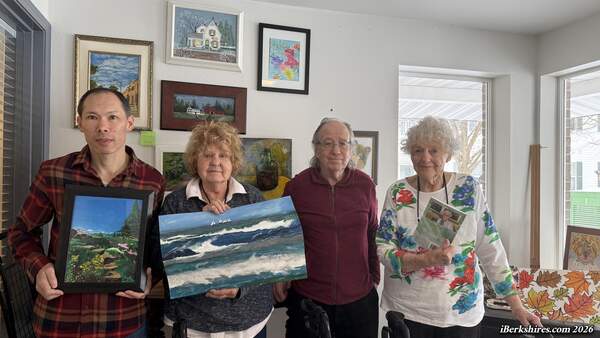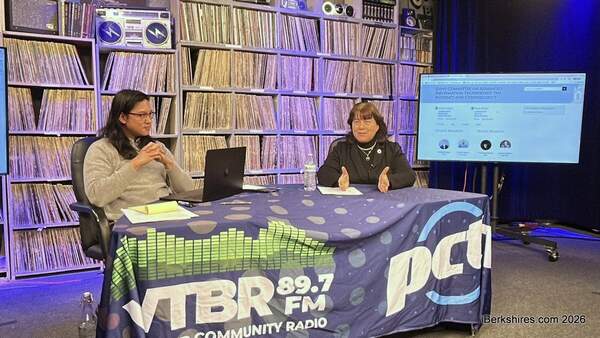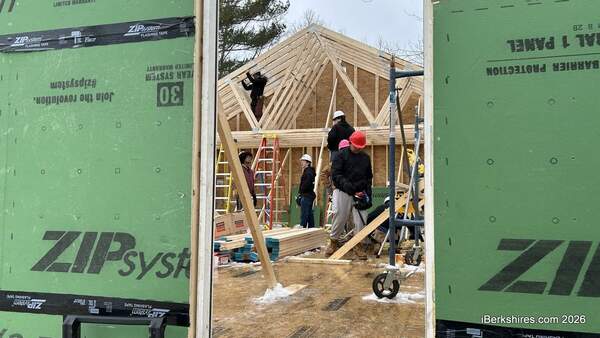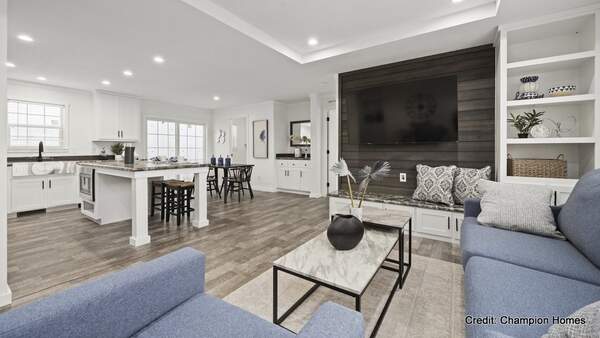Affordable Housing Trust Talks Preservation of Pittsfield Units
PITTSFIELD, Mass. — Affordable Housing Trust member Michael McCarthy asked his colleagues: How do we leverage trust fund monies for quality affordable housing?
"I represent a lot of people and I've spoken with a lot of people about this issue and I'm thinking that one of the things that we should focus on as our trust is to figure out how our money can be a catalyst for developers or current owners of rental properties to make it affordable for them to make their properties nice while still keeping rents affordable and low," the attorney said last week.
"I think that's where we would get the most bang for our buck."
Conversation was centered around preserving existing rental units for affordable housing, as new construction comes with supply chain costs that drive pricing. The panel is early in its work, meeting for the first time in the fall.
A search on Zillow shows that two-bedroom rental units in Pittsfield start at about $1,200 and often require first, last, and security upon signing.
"I think where we're going to have the most, as you said, bang for a buck is preserving the housing that we have and figuring out a way to make it affordable," Community Development Director Justine Dodds said.
"And I also think your point is correct, the market is not going to do that itself, there needs to be some catalyst or some subsidy somewhere to make it attractive."
She also pointed to the importance of making sure the city does not lose units and getting people to invest in the pre-existing stock to make it clean, safe, and a nice place to live.
"That's where I think we should we should be headed," she said.
Member Betsy Sherman, who is the executive director of the Christian Center, wondered if the city could offer subsidies for people to build tiny homes on infill lots.
"If you go to the West Side, we look like we've had a lot of teeth pulled. Every third or fourth house and some blocks, there's an empty lot because the house has been knocked down," she said.
"Are we thinking about houses that are boarded up that may still be functional but they've been boarded up because nobody's living there? Just in terms of how we're going to dispense the money."
McCarthy's thought was "all of the above" besides single-family homes, which can be aided by other programs.
Dodds reported that the city has two strategic planning initiatives around housing that will be kicked off shortly: looking at zoning in the West Side to make it more functional and funding through MassHousing's Neighborhood Hub program.
"It's technical assistance, so it would be a consultant to come in to kind of do a deep dive inventory on what parcels are over there, who owns what, what would be a good solution for some of those projects, and how do we fund it too," she said.
"That's always that's always the question foremost in our minds."
Dodds said these two things will provide some strategic planning and data to aid the trust's efforts.
The panel also spoke about areas of greater need and how to benefit the entire city.
Kamaar Taliaferro pointed out that some community members felt that Mayor Linda Tyer's At Home in Pittsfield program was unfair because of the more lenient guidelines for members in the Morningside, West Side, and downtown neighborhoods with the deepest need.
"I think one way that we can lift up the rest of the city by focusing on the housing that is in most need is to recognize that when there are concentrated areas of blight, it impacts the tax valuation of all the properties around. It artificially deflates them and one way to represent fairness to the rest of the city is to say it shows up in your tax bill," he said.
"When you have blight on the other side of town, it shows up in your tax bill so if we invest in these neighborhoods, right, it will also be an investment in lowering your taxes."
While he recognizes that there are many more steps to determining the tax rate, Taliaferro said it would be a good move for the entire city.
"It would put our city on more sound financial footing if we didn't have neighborhoods that are the most walkable, are the most dense, in my opinion, have the best people and schools and in theory should be among the most valuable, have this anchor of disinvestment over the decades," he added.
Tags: affordable housing, affordable housing trust,

